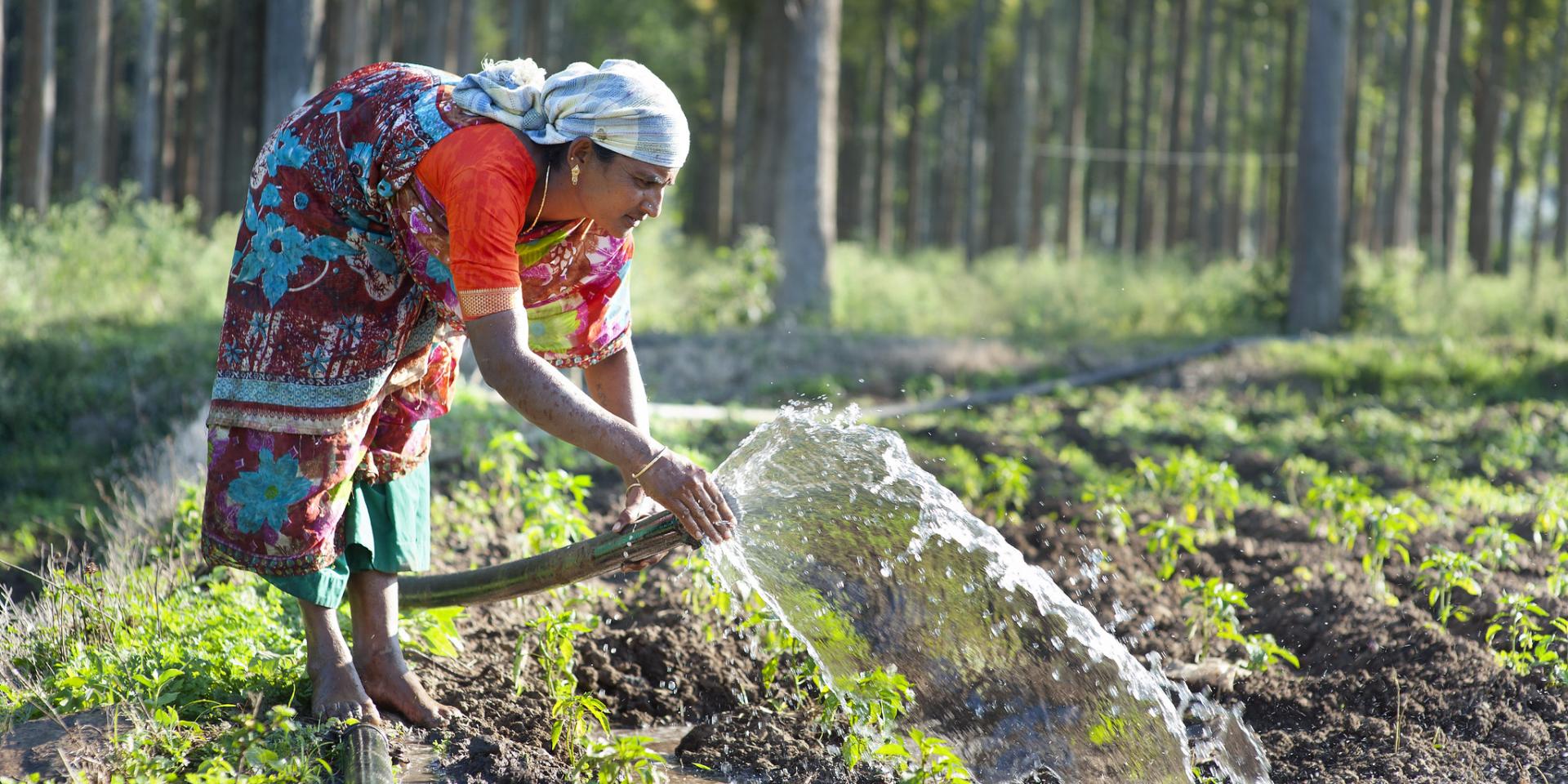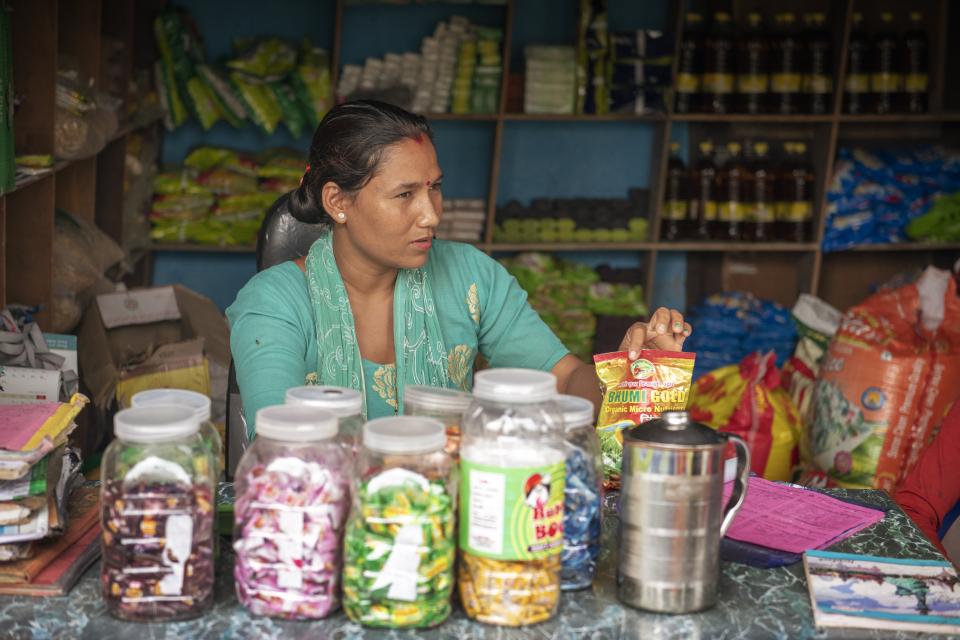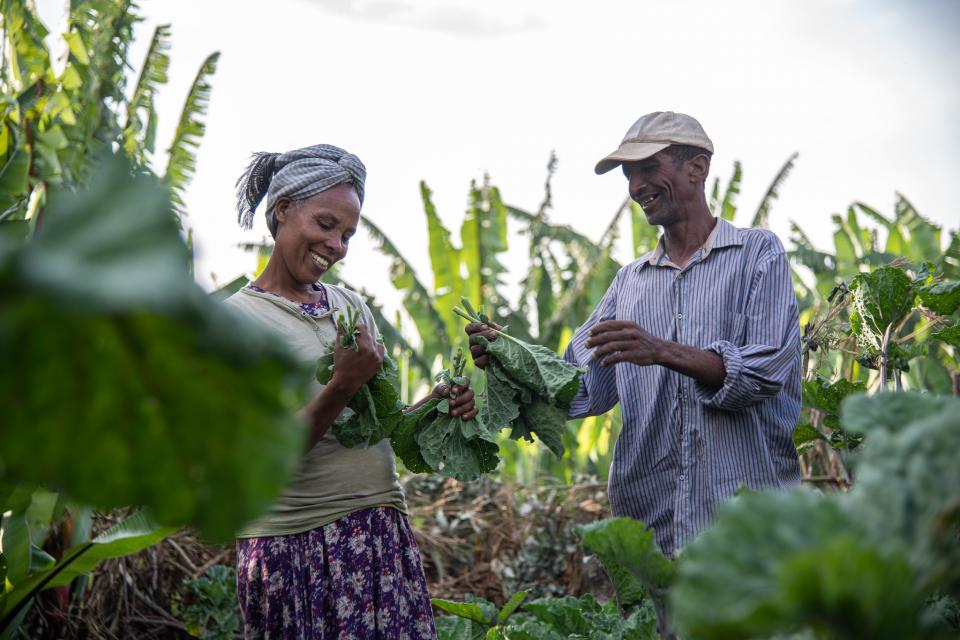Gender in agriculture
 Photo: IWMI
Photo: IWMI
Learn about the reasons why women often lack a political voice in agriculture, from access to land and water, to access to finance and extension, to a say in the decisions by cooperatives and other governance systems.
The course is in English.
What will you learn?
- The need to include women in decisions because they are vital to agricultural production
- The constraints on women that prevent them from growing produce and from participating in decision making
What resources do you need to do it?
You need internet access and a computer. You need to open an online account (with login and passcode) to access the course.
More about this training
This course is self-paced.
Women play a vital role as agricultural producers and as agents of food and nutritional security. Yet relative to men, they have less access to productive assets such as land and services such as finance and extension. A variety of constraints impinge upon their ability to participate in collective action as members of agricultural cooperative or water user associations. In both centralized and decentralized governance systems, women tend to lack political voice.
This electronic course is for people who design, implement and monitor climate-smart agriculture that focuses on gender equity. Although it refers to World Bank priorities, it is intended for a broader audience.
As the course is online, you will need access to the internet. You will also need to create an account, with a login and passcode. Learning is self-paced, and takes about 30 hours to complete.
Who can I contact for more information?
World Bank Open Learning Campus via an email icon that takes you to a form.


